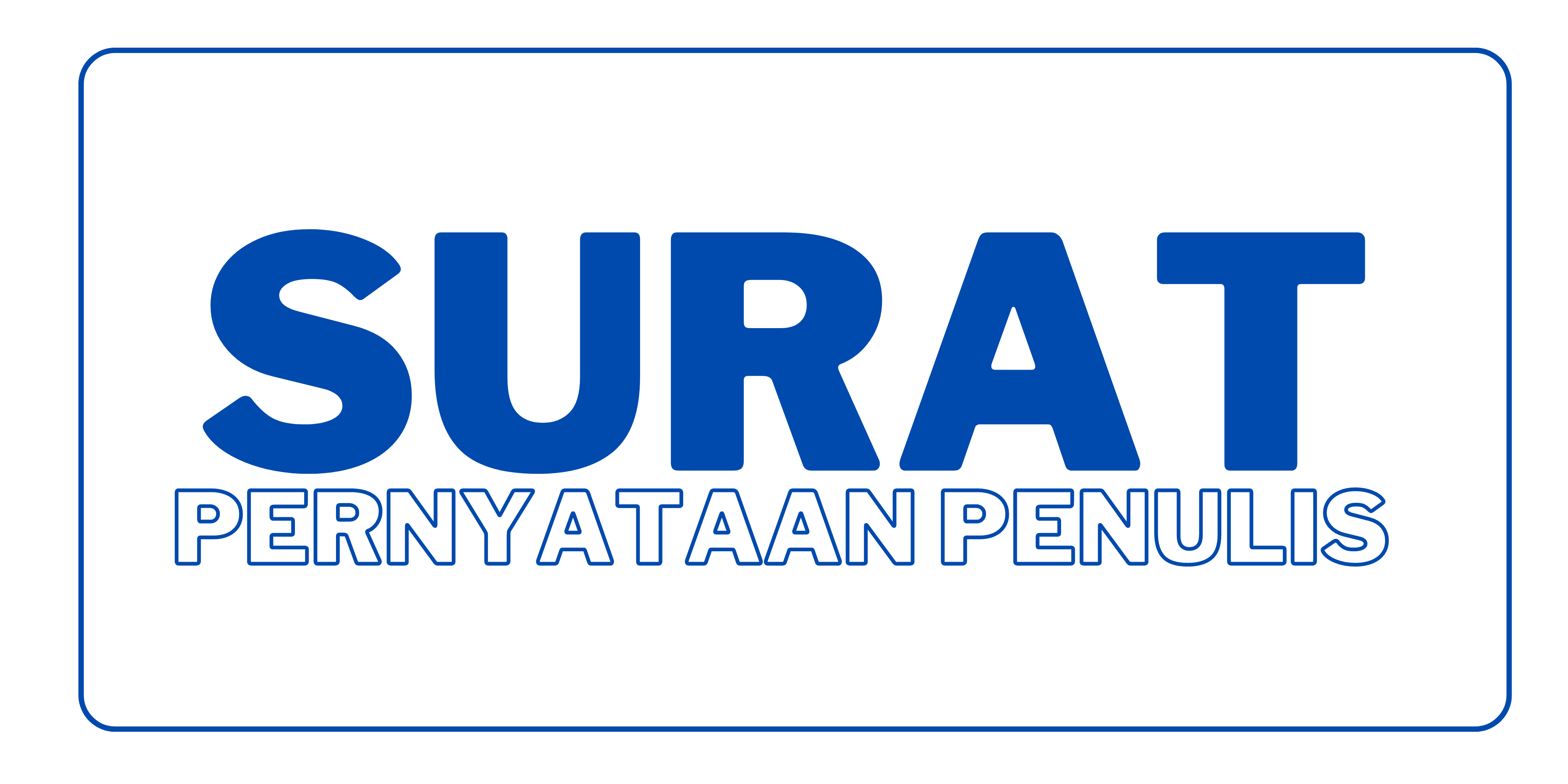ANALYSIS OF UNDERSTANDING CADETS OF PRIVATE MARITIME ACADEMIC ON BALLAST WATER MANAGEMENT CONVENTION
DOI:
https://doi.org/10.70799/jumma.v3i2.42Keywords:
Ballast water, BWM Convention, marine pollution, Cadets of Private Maritime Academy, SocializationAbstract
Ships are the preferred transportation fleet for export-import activities compared to air transportation, because of their large carrying capacity, making them relatively more profitable. Ships without cargo to sail safely will add ballast water as a stabilizer. Ballast water often carries a variety of foreign microorganisms that can harm the landfill ecosystem. On September 8, 2017, the ballast Water Management Convention (BWMC) was enacted, to prevent the spread of pathogenic microbes that are very harmful to health and the environment. The purpose of the study was to determine the understanding of private academy cadets on the provisions of BWMC. Data were collected using questionnaires and in-depth interviews, then descriptive analysis was carried out. Respondents were cadets of private maritime academy in Central Java, a total of 35 respondents. 6 respondents were excluded because they gave dishonest answers, so the sample used was 29. From the conclusion that there were still many respondents who did not understand the provisions of BWMC, it was evident from the respondents' answers to several questions that none of them were correct. Such as the question of when the BWMC was promulgated, when Indonesia ratified the BWMC, and the question of the D-1 Standard and the D-2 Standard of the BWMC. However, there are 13.79% of respondents already have a concern about the dangers of ballast water and the importance of immediately handling ballast water. Our suggestion is to disseminate information to private academy cadets through seminars, special training on ballast water, or inclusion in marine pollution course materials.











